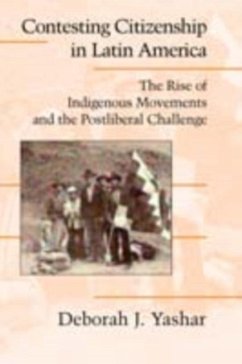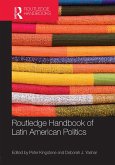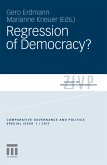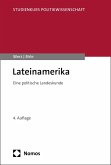Indigenous people in Latin America have mobilized in unprecedented ways - demanding recognition, equal protection, and subnational autonomy. These are remarkable developments in a region where ethnic cleavages were once universally described as weak. Recently, however, indigenous activists and elected officials have increasingly shaped national political deliberations. Deborah Yashar explains the contemporary and uneven emergence of Latin American indigenous movements - addressing both why indigenous identities have become politically salient in the contemporary period and why they have translated into significant political organizations in some places and not others. She argues that ethnic politics can best be explained through a comparative historical approach that analyzes three factors: changing citizenship regimes, social networks, and political associational space. Her argument provides insight into the fragility and unevenness of Latin America's third wave democracies and has broader implications for the ways in which we theorize the relationship between citizenship, states, identity, and social action.
Dieser Download kann aus rechtlichen Gründen nur mit Rechnungsadresse in A, B, BG, CY, CZ, D, DK, EW, E, FIN, F, GR, HR, H, IRL, I, LT, L, LR, M, NL, PL, P, R, S, SLO, SK ausgeliefert werden.









